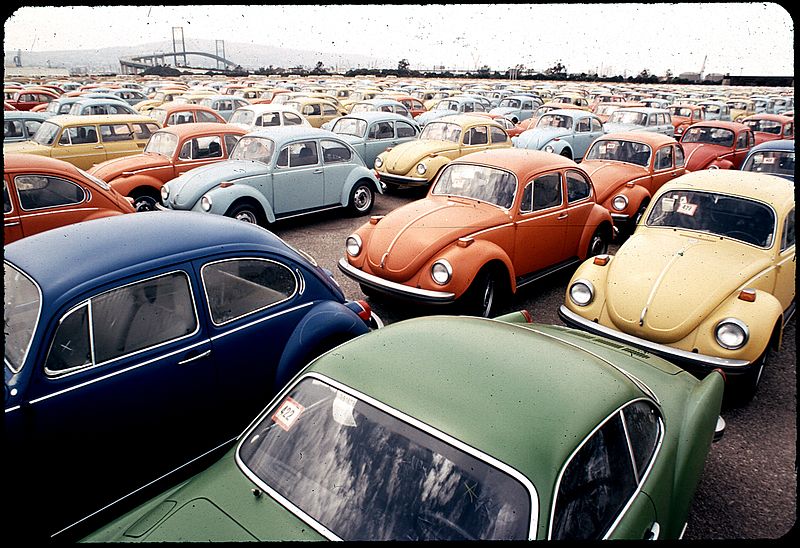When autos “speak” to one another and to the highways, what will it mean? From Fredric Paul at Readwrite.com:
“Intelligent stoplights, for example, would know if there were 10 cars waiting in one direction but only 1 in the other, and adjust light timing to keep traffic moving. Along straight routes, [Maciej] Kranz said, they can build ‘green waves’ of traffic signals to keep lanes flowing efficiently.
There’s also the idea that if one car knows what other vehicles. traffic lights and other road infrastructure are doing, they can all adjust more efficiently. For example, if your car knows that the car in front is about to make a turn or start braking, it can begin reacting even before it actually senses the action.
Cisco estimates this could lead to 7.5% less time wasted in traffic congestion and 4% lower costs for vehicle fuel, repairs and insurance. The benefits are particularly obvious in fleet settings, Kanz said. For example, a company with 10,000 delivery trucks would find it very valuable to be able to use connected technology to schedule preventive maintenance.
As for preventing accidents, vehicle-to-vehicle communications could enable a connected car to alert you if you get too close to the vehicle in front of you. If you don’t respond, Kanz said, ‘at some point the car will make a decision to hit the brakes and avoid the accident.’
Cisco estimatd 8% fewer accidents, 10% lower road costs and a 3% drop in carbon dioxide emissions.”
Tags: Fredric Paul, Maciej Kranz

